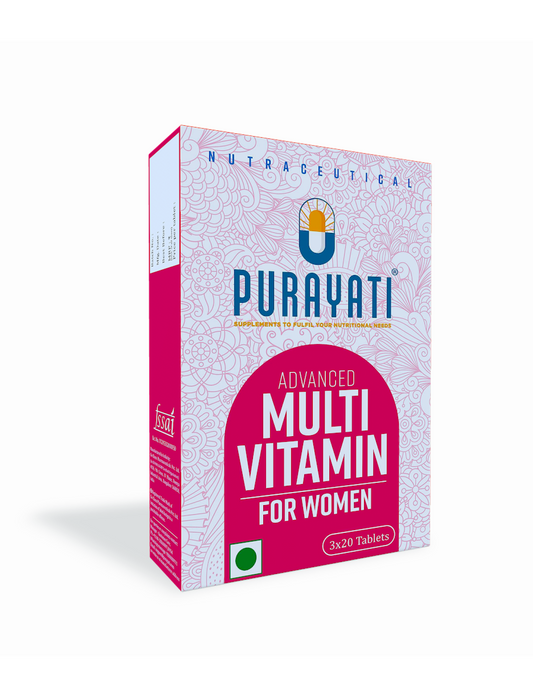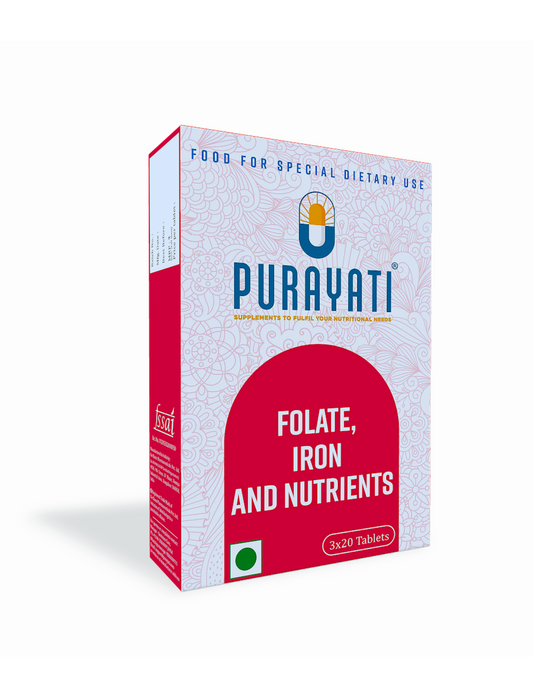Constipation is a very common health problem experienced by most of us. Though not a serious symptom normally, it might be a cause of an underlying disease. A person suffering from constipation feels bloated, has fewer bowel movements than usual, has a sensation of incomplete emptying after a bowel movement, passes hard stool or takes a long time to pass stool. In adults, older people are more likely to get constipated than younger ones. Constipation can be caused due to several reasons, some of which are:
- Diet: A healthy bowel movement depends on a diet rich with high fibre food such as fruits, vegetables, and whole grains. Intake of too much-processed food products or a diet rich in high sugar content, high protein and dairy products might lead to constipation. Drinking less water and other liquids also hamper normal bowel movements.
- Lifestyle: A stressful and sedentary lifestyle can cause constipation too. Constipation is one of the side effects of stress. Stress might lead to loss of appetite, dehydration and decreased movement of bowels. Regular exercise and physical activities help clean large intestine.
- Illness: Severity of constipation can be a sign of an underlying illness. Hormonal imbalances, previous surgeries in the intestine, irritable bowel syndrome, cancer in intestinal regions might cause constipation. If left untreated for a prolonged period, constipation can lead to rectal bleeding, and haemorrhoids. Severe constipation for a long time can also cause faecal impaction where dried, hardened stools get collected in rectum and anus. This, in turn, can lead to further complications such as bowel incontinence, swollen rectum, and rectal prolapse.
- Medications: Some drugs such as antidepressants, anticonvulsants, narcotic pain medications, iron supplements, calcium channel blockers, antacids, and others cause constipation by affecting muscle movement in gut or nerve endings in the intestine. Doctors usually prescribe laxatives to go along with such drugs.
Treating Constipation in Adults: Diet, Drugs, and Laxatives
- Diet rich in fibres: It is often said that a fibre rich diet helps prevent constipation. However, not all fibers are the same. Soluble fibres as found in oats, dried beans, rice bran, and citrus fruits slower the process of digestion to let the body absorb nutrients from food. Insoluble fibres that include whole grains, legumes, cereals, fruits, and vegetables add bulk to stool, thereby helping easy passage of stool through the intestine. Dehydration too can directly impact bowel movements. Hence, the intake of water and other fluids is necessary to avoid constipation. Also, there are various home remedies and herbal formulations to help in regular bowel movements.
- Herbal Teas: Herbal teas made up of ginger, senna, peppermint, chamomile, liquorice, parsley, dandelion have been known to address digestive problems and ease constipation. Intake of herbal tea at night after dinner is suggested to relax the intestinal muscles, thereby helping easy bowel movements in the morning.
- Over the Counter Drugs: Constipation in adults can be treated with a range of over the counter drugs such as stool softeners and suppositories. Stool softeners are used to prevent hardening of stool and are aimed at reducing pain during passage of stool. Suppositories are used for rectum cleansing before diagnostic tests or surgeries. Laxatives usually focus on increasing the frequency and easy passage of stool and are used as a temporary solution for treating constipation. Some over the counter laxatives include osmotic-type laxatives, lubricant laxatives, saline laxatives, bulk-forming laxatives, and stimulant laxatives. While stimulant laxatives induce contraction of intestinal muscles for a bowel movement, bulk-forming laxatives add bulk to stool and are not absorbed by the body. Bulk-forming laxatives are termed as the safest type of laxatives. Lubricant laxatives contain oils such as mineral oil to coat and soften stool. Saline and osmotic type laxatives hold water in the stool to soften it and increase the frequency of bowel movements.
- Herbal Laxatives: Herbal laxatives are usually termed safe owing to their natural origins. However, precaution should be taken to avoid overdosage and possible side effects. Herbal laxatives contain anthracoid/ anthraquinones, a class of compounds, that stimulate the intestinal cells. By inducing gut mobility, reducing the absorption of fluids, and increasing secretion in colon, herbal laxatives help to pass soft stool. Following are some of the ingredients used as herbal laxatives:
- Senna: In over the counter herbal laxatives, senna is used as one of the most common ingredients. Derived from Senna alexandrina, a native plant in Egypt but also grown in other countries, the leaves, fruits, and flowers of this ornamental plant are used for treating constipation as well as irritable bowel syndrome (IBS) in adults. Senna helps to stimulate the digestive system and hence, used for clearing the bowel before diagnostic tests such as colonoscopy. Senna contains compounds known as sennosides that irritate bowel lining, causing laxative effects. It is a likely safe herb for adults and might cause side effects such as cramps, stomach discomfort, and diarrhoea due to overdosage.
- Aloe Latex: Aloe plant is known commonly for its clear gel that is used in lotions and creams for the skin. The yellow latex of the aloe plant is used as a laxative to treat constipation. However, the oral intake of aloe latex needs medical supervision.
- Frangula/ Cascara Sagrada: Also known as buckthorn, the bark of this plant is used as a stimulant laxative. The bark extracts cause irritation in the colon, thereby causing bowel movements.
- Rhubarb: Though the leaf stalks of this plant are used as food, the roots and underground stem have been used as a medicine to reduce pain from anal haemorrhoids and for lesser strain during bowel movements. In adults, it is termed safe for oral intake as a laxative for a shorter duration. However, side effects might include stomach pain and watery diarrhoea.
- Psyllium: Psyllium is used as fibre, derived from the seeds of the plant Plantago ovata. The husk of the plant’s seed is a common herbal bulk-forming laxative. By soaking up water in the gut, psyllium husks help in easy and regular bowel movements without flatulence. Possible side effects due to overdosage might include loose stools and stomach pain.
- Castor oil: As a liquid stimulant laxative, castor oil works quickly, in a span of 2-6 hours, in the small intestine. By accumulating fluid in the small intestine, castor oil helps in smooth bowel movements. Frequent usage of castor oil as a laxative is not advised as it hampers the absorption of nutrients and minerals in the small intestine.
- Slippery Elm: The bark of the tree Ulmus rubra, better known as slippery elm, is used as a herbal laxative. By stimulating the nerves in the gastrointestinal tract to produce mucus, this laxative offers relief from constipation.
Purayati’s Laxwell DS Herbal Laxative:
Purayati’s Laxwell DS Herbal Laxative is a 100% herbal product and contains extracts from the plant Senna alexandrina, also known as Sonamukhi in Ayurveda. The active ingredient in the extract is senna glycoside or sennoside, that works as a stimulant laxative and increases activity of the large intestine, thereby helping to relieve constipation. The product also contains the following six other natural extracts:
- Ajamoda (Apium graveolens): Commonly known as celery, it helps in regulating bowel movements and controlling flatulence.
- Jeeraka (Cuminum cyminum): Cumin as a herb has been used as a medication for digestion problems including bowel spasms, flatulence, and colic in infants.
- Balharda (Terminalia chebula): Haritaki, the fruit of this native plant in south-east Asia is used as one of the key constituents of Triphala, the polyherbal Ayurvedic formulation. Haritaki is known as an effective medicine for a number of stomach ailments and digestive issues including constipation.
- Yashtimadhu (Glycyrrhiza glabra): Liquorice has medicinal properties to address a range of digestive problems such as chronic gastritis, indigestion, heartburn, and constipation among others.
- Shunti (Zingiber officinale): Shunti or dry ginger is particularly effective for irritable bowel syndrome.
- Saindhav Salt (Himalayan rock salt): Himalayan rock salt dissolved in warm water works as a laxative and helps in detoxification as well.
The combined effect of these extracts is known to offer relief to patients suffering from a wide range of digestive issues ranging from ingestion to acidity. Manufactured at an Ayush certified and ISO 9001:2008 certified plant, Purayati’s Laxwell DS Herbal Laxative is one of the best over the counter herbal laxatives available in the market.
Note:
Purayati’s Laxwell DS Herbal Laxative is a delayed laxative and hence, takes a few hours to be effective. It is strongly recommended to take the product at night before going to bed.
- The effects of natural, herbal laxatives vary depending on age. It is advisable to adjust the dosage based on the result.
- Frequent and heavy use of laxatives can affect the normal functioning of bowel movements. Laxatives should not be considered as a long-term cure for constipation. Please visit a doctor if the condition persists for a prolonged period.
- Laxatives can cause fluid loss, diarrhoea, and electrolyte imbalance in the body. It is strongly advised to review existing medical conditions before taking the product.
- For pregnant and lactating women, please consult with the doctor before using the product.




